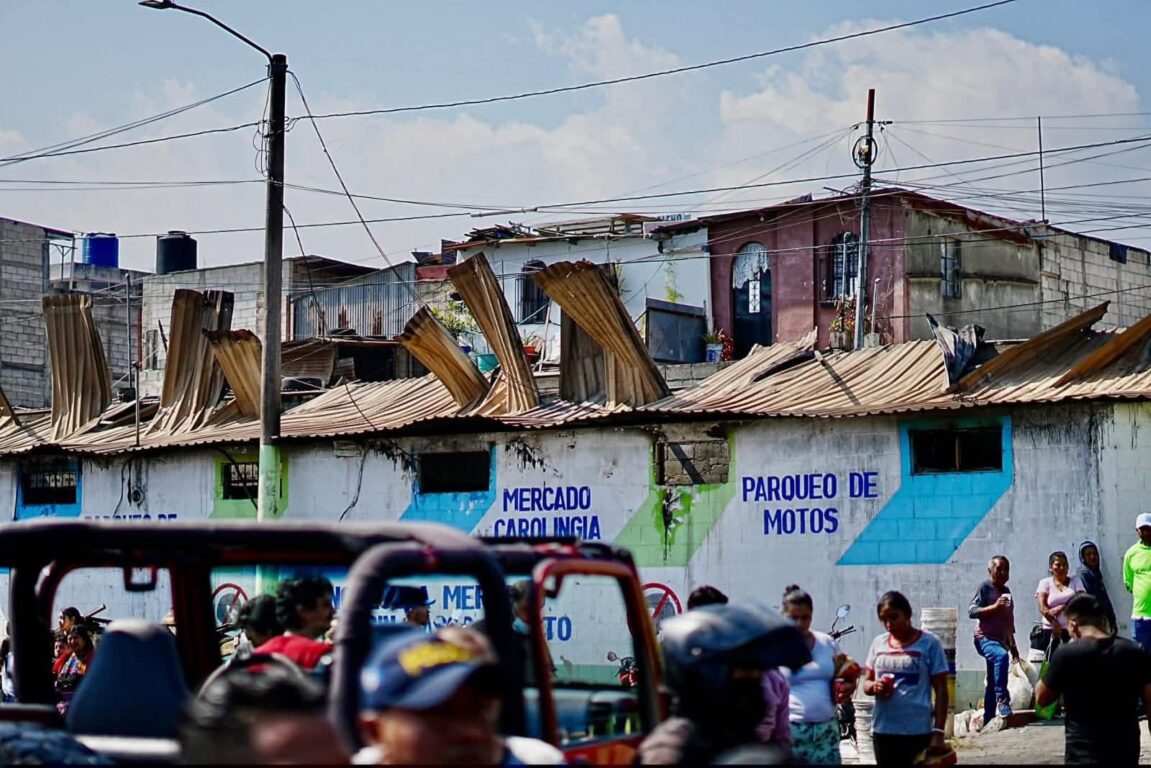By César García Arnal – StreetNet Secretary
Millions of people will be taking action on October 7 to stand up for their rights on this day. Street vendors and informal traders will also join the workers of the world in celebration of Decent Work Day and to engage in social dialogue with their local governments to take urgent responsibility for the promotion of Decent Work.
The concept of Decent Work is supported by four pillars, and has been developed in the past decade by the International Labour Organisation:
- Labour rights (freedom of association, the right not to suffer discrimination, equal opportunity, etc)
- Security of employment and income (including safety in the workplace).
- Access to social protection (including maternity and health security).
- The right to representation in social dialogue and to collective negotiation.
The concept of “decent work” was created by Juan Somavía, in his first report as Director General of the International Labour Organisation (ILO) in 1999.
The term was introduced in response to the deterioration in workers’ rights which occurred throughout the world in the 1990’s, as a consequence of the process of globalisation and the need to attend to the social dimensión of globalisation,
Decent work establishes the conditions that should exist in labour relations to comply with international labour standards, in which work is carried out in a free, equal, safe and humanly dignified manner. Below such standards, the human rights of the affected worker should be considered to be violated, and that freedom of work as such does not exist.
This situation, which apparently had been achieved in the more developed countries, and which we associated only with countries in which the lack of legislation allowed it, has once again spread throughout the world.
In a disguised and discrete manner, we can see how the whole world, like a great stain of oil, and owing to the great worldwide economic crisis that we are living through, the problem of non-decent work clings to our lives, dispossesing us of the rights which as workers we acquired through years of struggle and vindication.
All-powerful capital, becomes stronger in times of recession; it manipulates, deceives, plays with us and our legislators, and continually makes us weaker and more vulnerable.
Non-decent work is now not a problem of others. Non-decent work waits behind every offer of employment, behind every precarious contract, behind every new form of work such as the mini-job, or like the contracts which require 24-hour availability.
Non-decent work lurks behind every tax increase, behind every attempt to decrease your salary without warning, behind every repeal of laws for the prevention of labour risks, behind every threat to women who want to have children, behind every dismissal, behind every cut in training or in cooperation in development.
Non-decent work hides behind every child that is obliged to work, every undignified salary, every woman forced to work more for less money, every abuse of power, every instance of racial, religious or gender-based discrimination.
No, comrades, we have not won the war. Not even a battle. All that we achieved is being taken away, slowly, cautiously, quietly.
On a day like this, we should rise up from our lethargy, look to the front and shout “Enough!” We cannot allow ourselves to be brought down, or allow that our brothers be brought down. This is no longer a problem for others, it is our problem and we must confront it.
Our strength is in our words; our labour and the solidarity of the people is our armament. Let us use them to defend ourselves and to build a better world, and not to sow division amongst us and to weaken ourselves.


